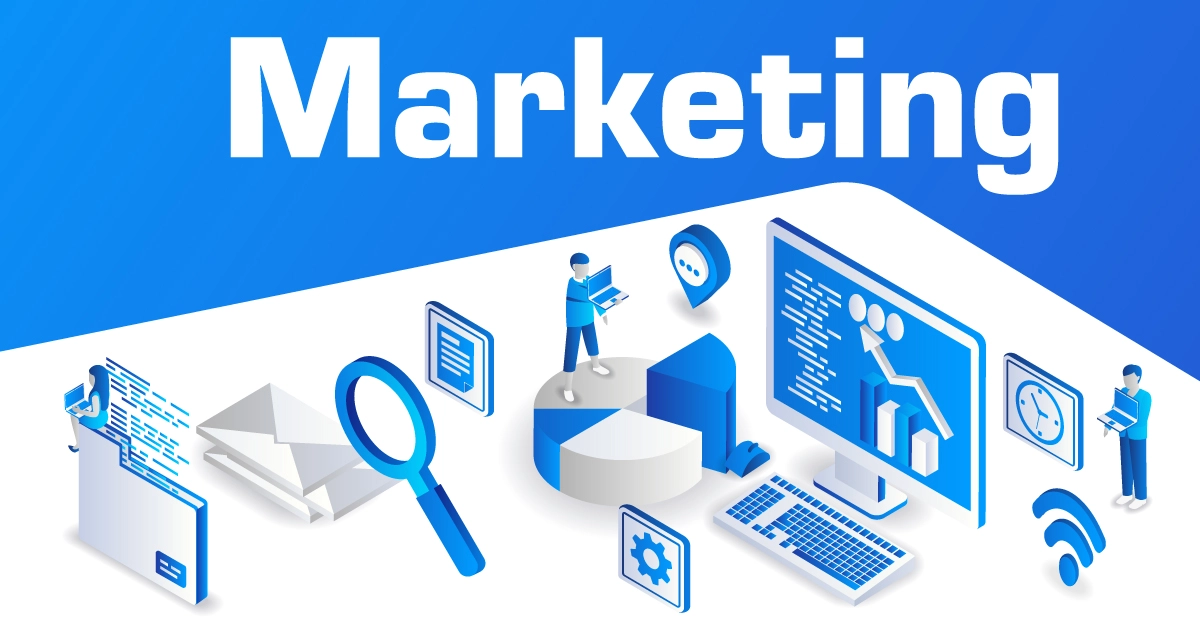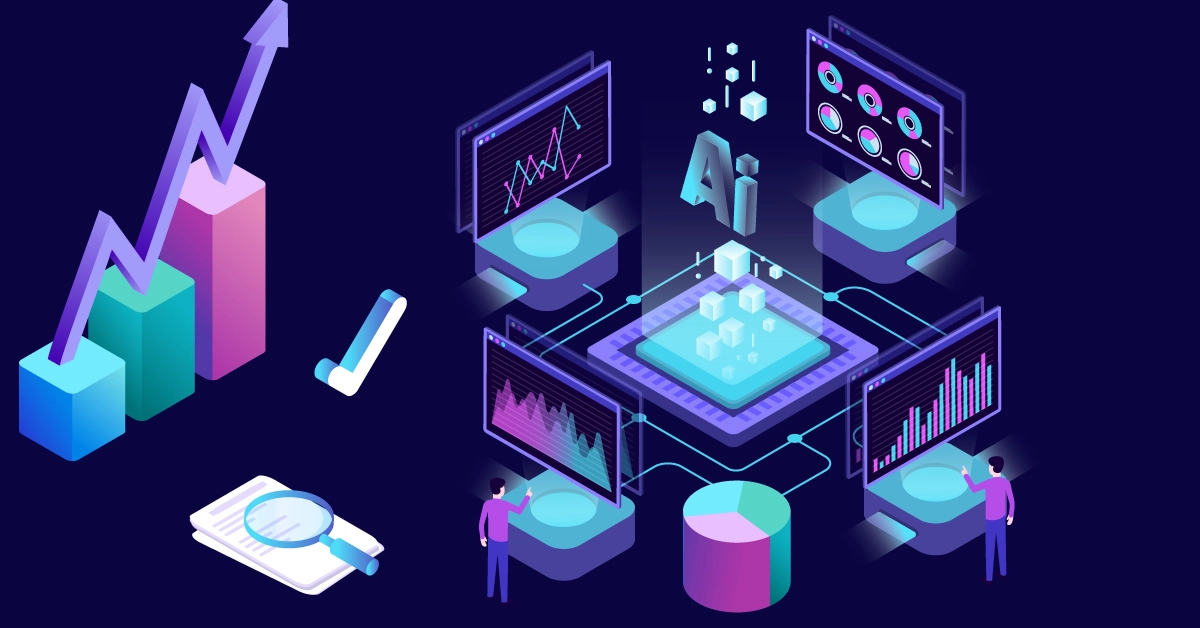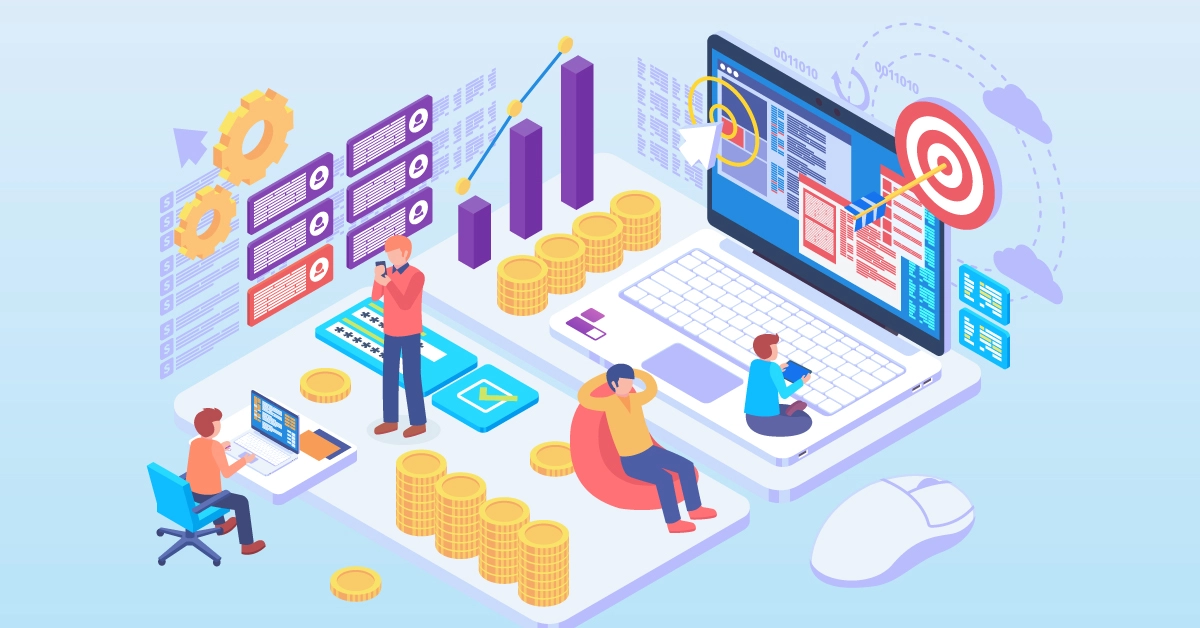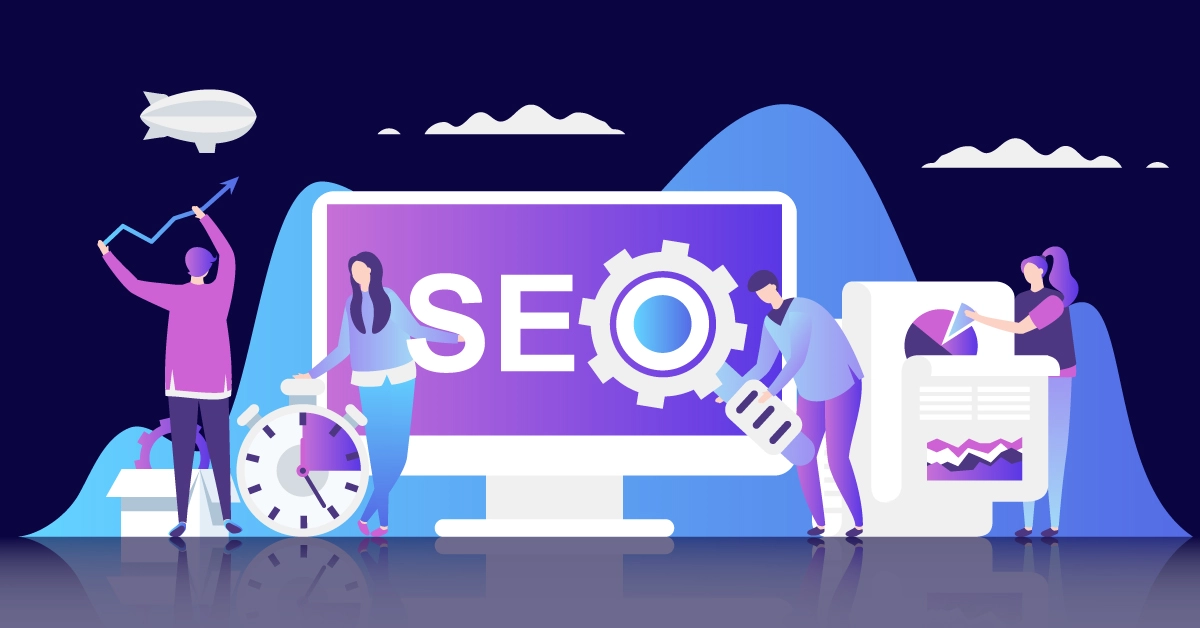
Marketing budgets have been shrinking, reflecting a broader trend of tighter financial constraints across various industries. According to the Gartner 2024 CMO Spend Survey, marketing budgets have decreased to 7.7% of overall company revenue, down from 9.1% in 2023. This decline is part of a longer-term trend, with average marketing budgets dropping from 11% in the four years preceding the pandemic to an average of 8.2% in the subsequent years.
Despite these financial challenges, marketers are optimistic that emerging technologies, particularly artificial intelligence (AI), can maximise their impact even within these reduced budgets.
Leveraging AI for Cost-Effective Marketing
Artificial intelligence offers a promising solution for marketers looking to stretch their limited budgets. AI, particularly generative AI, has the potential to enhance personalisation, streamline content creation, and improve customer engagement, all while keeping costs in check.
According to a report by Adobe, 64% of consumers consider personalised recommendations important, and nearly a third (30%) rank them as one of the top ways brands can improve their digital experience.

Personalisation with AI
Generative AI enables brands to deliver highly personalised experiences at scale. For instance, more than a third (38%) of marketers have already started using generative AI solutions, and 25% use it to craft emails, messages, and other copy. Despite the early adoption, marketers are cautious, with 56% focusing on ensuring the quality of AI-generated content to maintain customer trust.
Christophe Marée, EMEA marketing director at Adobe, emphasises that while generative AI can revolutionise customer engagement, it must be used responsibly. Brands should ensure transparency and robust data governance, training AI on authentic and certified content to avoid overstepping consumer comfort levels.
Consumer Expectations and AI Integration
Consumers' expectations vary across industries. For example, 28% of UK consumers expect their banks to address them by name in all digital communications, while only 12% expect the same from grocery retailers. Additionally, 84% of consumers are happy for AI to make shopping recommendations, and 67% are comfortable with AI-generated images in marketing messages, provided they know whether they are interacting with a bot or a human.
This indicates a clear preference for seamless and interactive experiences across all customer channels. As marketers look to implement generative AI, they should focus on enhancing self-service portals and ensuring smooth transitions between self-serve and human-assisted channels.
Maximising AI's Potential
The top priority for brands using generative AI in 2024 is to enhance self-service portals, with 42% of companies planning to do so. However, ensuring quality and customer trust remains a significant challenge. More than half (58%) of brands identify this as their top challenge, followed by monitoring AI content for accuracy and quality.
Despite these challenges, the benefits of using AI in marketing are substantial. AI can accelerate content production, personalise marketing messages, and improve targeting, allowing brands to achieve more with less. By leveraging AI, marketers can deliver more engaging and personalised experiences, even with reduced budgets.
Traditional Marketing Tactics: Still Relevant and Effective
While AI offers exciting possibilities, traditional marketing tactics remain crucial, especially when budgets are tight. And they are still being used as seen last year when Data released by Statista revealed that Brits are sent 6.9 billion spam emails every day.
Here are some cost-effective strategies that can still deliver significant results:
Email Marketing

Email marketing continues to be one of the most cost-effective channels. It allows for targeted communication, personalised messages, and measurable results. To maximise the impact of email marketing on a smaller budget, focus on the following:
- Segmentation: Divide your email list into segments based on demographics, past behaviour, and preferences to deliver more relevant content.
- Automation: Use email automation tools to send timely, personalised messages based on user actions, such as welcome emails, abandoned cart reminders, and post-purchase follow-ups.
- Content Quality: Invest in creating high-quality, engaging content that provides value to your audience. Personalised product recommendations and exclusive offers can enhance engagement.
Pay-Per-Click (PPC) Advertising

PPC advertising allows for precise targeting and measurable ROI, making it an effective way to drive traffic and conversions with a smaller budget. To get the most out of your PPC campaigns:
- Keyword Research: Focus on high-intent keywords that are more likely to convert. Use tools like Google Keyword Planner to identify relevant keywords with reasonable competition.
- Ad Copy: Write compelling ad copy that highlights your unique selling points and includes a clear call-to-action. Test different versions to see which performs best.
- Budget Allocation: Allocate your budget strategically across different campaigns and adjust based on performance. Use bid adjustments to focus on high-performing keywords and ad placements.
Search Engine Optimisation (SEO)

SEO is a long-term strategy that can yield significant returns with minimal ongoing costs. To optimise your website and content for search engines follow these steps:
- Keyword Optimisation: Conduct thorough keyword research and incorporate relevant keywords into your website content, Meta tags, and URLs.
- Content Creation: Produce high-quality, informative content that addresses the needs and interests of your target audience. Regularly update your blog and create valuable resources like guides, infographics, and videos.
- Link Building: Build a strong backlink profile by earning links from reputable websites in your industry. This can be achieved through guest blogging, partnerships, and creating shareable content.
Find your marketing balance
Using AI and traditional marketing tactics together can help brands achieve their goals cost-effectively. AI offers the potential to enhance personalisation, streamline content creation, and improve customer engagement, while traditional tactics like email marketing, PPC advertising, and SEO remain valuable tools. By combining these approaches, marketers can maximise their impact and drive revenue growth, even with limited resources.
At BBI Brandboost we offer a wide range of marketing services and would be delighted to discuss any problems you might have. We can integrate our knowledge of AI to work seamlessly with our marketing skills to integrate strategic plans. Please contact us to find out how we can help your business succeed.
Sources used
https://www.marketingtechnews.net/news/2024/jun/11/64-of-brits-in-favour-of-gen-ai-marketing/
https://www.marketingtechnews.net/news/2024/may/31/marketing-budgets-have-dropped-to-7-7-of-overall-company-revenue-in-2024/
https://www.gartner.com/en/marketing/topics/marketing-budget
https://markets.businessinsider.com/news/stocks/traditional-marketing-methods-are-making-a-comeback-says-stannp-1032704750